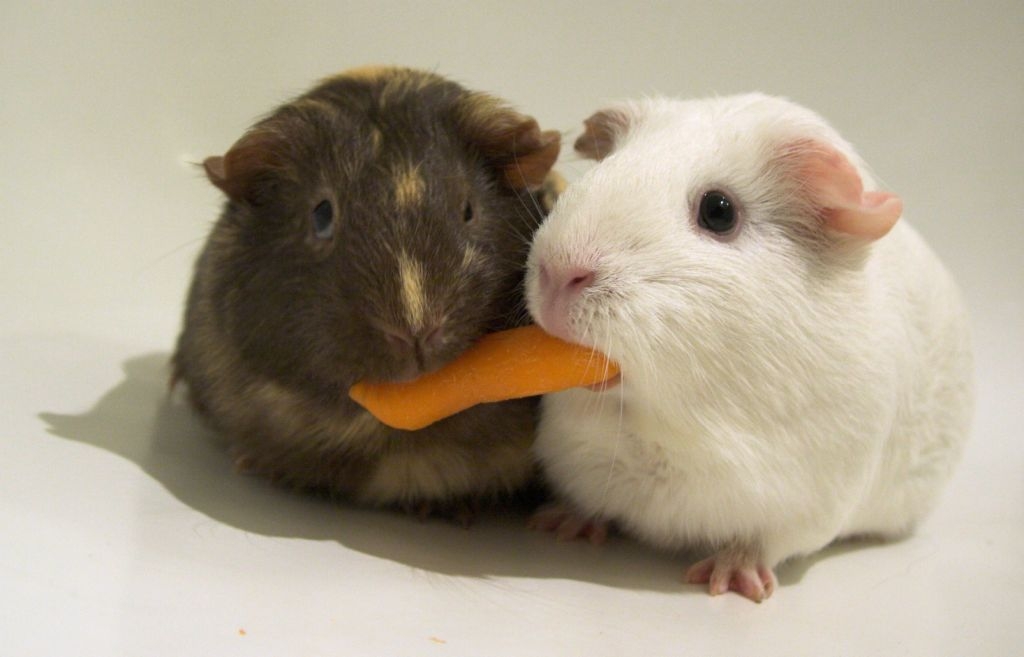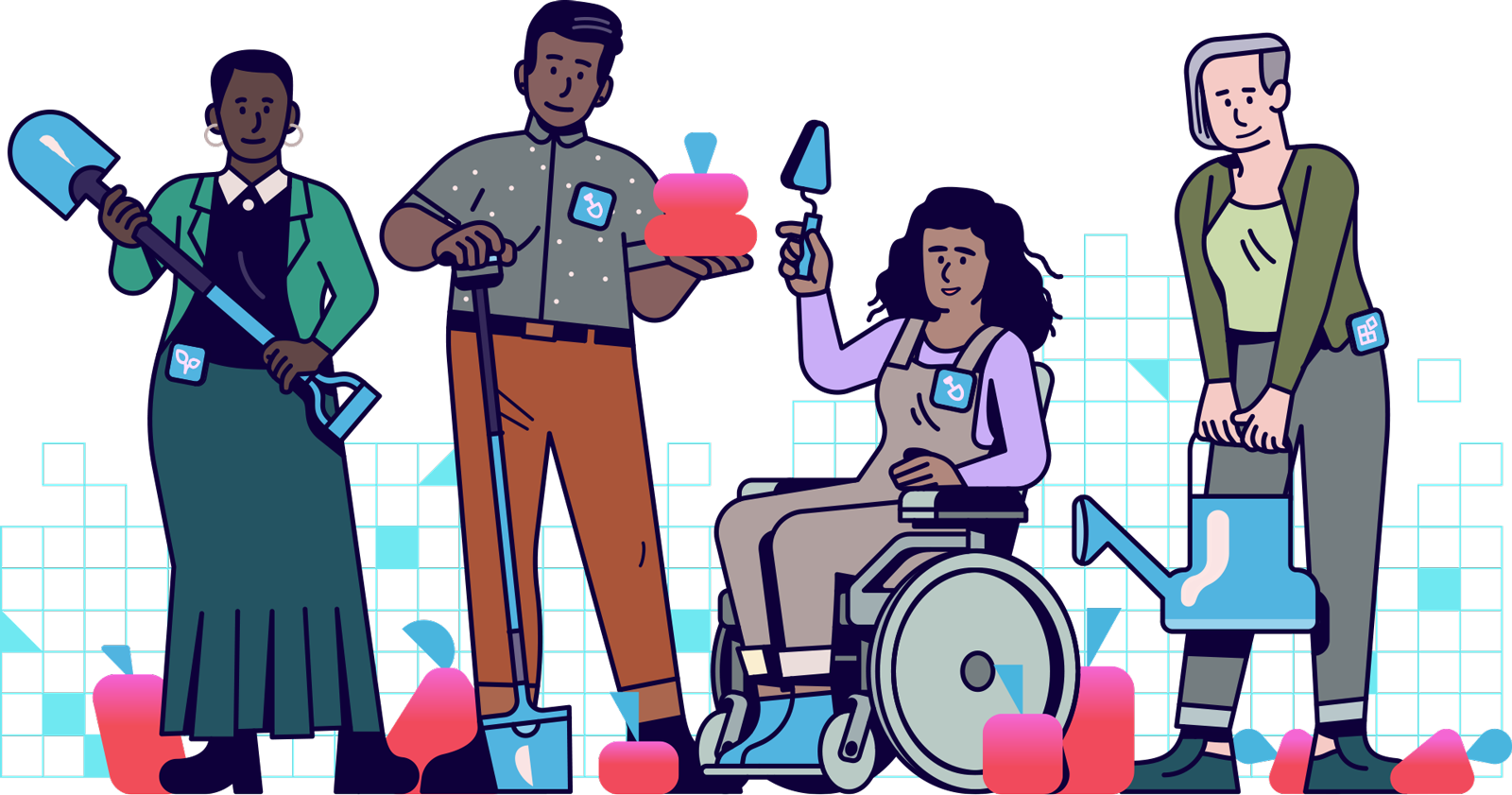
Three ways to share your work and help others, while helping your own thinking too.
Last we talked about what working in the open is and why we think it's important for charity digital projects.
Working in the open sounds great and everything, but how do you actually do it? Are there rules to follow or specific people you should share to? And how can you work this out without it becoming too complicated?
There are only really three things to think about when you’re thinking about sharing your work: what you’re sharing, where and who to.
What you share
There are two main things you can share: writing about your work, and your work itself.
1. Write about your work
Writing about your work helps you reflect on it, creates opportunities to connect with others and encourages others to work more openly too.
- write weeknotes
- tweet about your work
- make your presentations open
- blog about your work
You might write about things you’ve done, what you’ve learnt and even fears you’ve overcome. The Dovetail project wrote open weeknotes. The Children’s Society wrote a helpful blog on responding to the Coronavirus outbreak. All of this is helpful for others.
You can learn how to write weeknotes with Catalyst's guide.
2. Your work: design assets
These are the products of your design process. There are many examples. When you share them others working on similar projects can reuse them, saving time. Or they see what is possible and it helps them produce their own.

3. Your work: service recipes
Service recipes show detailed step-by-step how something was accomplished, using a format developed by Catalyst. Others can see exactly how to deliver the work you did, saving them time and money and helping more people. Case studies can’t do this. Share a recipe.
Examples
- We Are With You’s Booking appointments
- NCVO’s Using a content pattern to write guidance that helps people work out what to do
Where to share
- online professional such as your organisation’s blog and social channels
- personal channels such as Twitter and LinkedIn
- events such as conferences and meetups - online and real-world (when allowed)
Who to share with
- peers in your network (colleagues, people you’ve met at conferences, friends in the sector, someone you’re trying to impress, mentors and mentees)
- people in your industry or sector that you don’t necessarily know
Why sharing is good for you
Imagine people from 20 different organisations shared just one thing - an asset or one thing they’ve learned. You suddenly have a wealth of information and knowledge waiting for you. For free!
Other benefits include:
- saving time when you’re learning by seeing what others have done
- saving money by re-using templates and other assets
- avoiding making decisions that aren’t right for your project
- getting a range of relevant advice and information
- connecting with others facing similar challenges
Why sharing is good for your organisation
There are so many reasons why you should think about working in the open, including:
- raising the profile of your project and organisation
- get valuable feedback and ideas from others in your community
- attracting the attention of funders
OWL can help Catalyst projects
If you’re working on a Catalyst project until April 2021 then Catalyst’s Open Working Lineup can:
- make your work visible and open on our webpage and open trello board
- share your work more widely when you have already made it open
- help you think about blog topics and quick ways to write about your work
- help you get started with a service recipe
Find out more about working in the open and find examples of what other charities have done.

Support & services
Our free services help you make the right decisions and find the right support to make digital happen.
Learn what other non-profits are doing
39+ organisations share 50+ Guides to how they use digital tools to run their services. Visit Shared Digital Guides.


